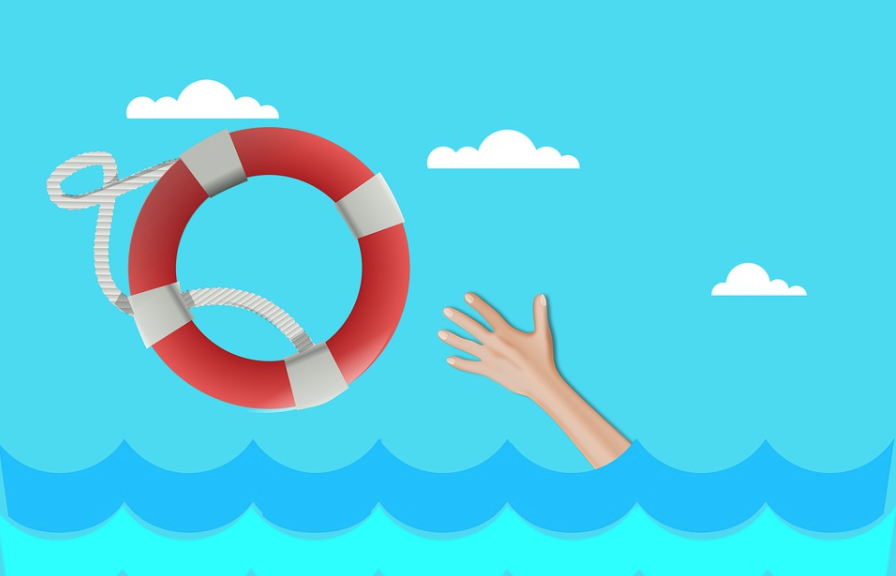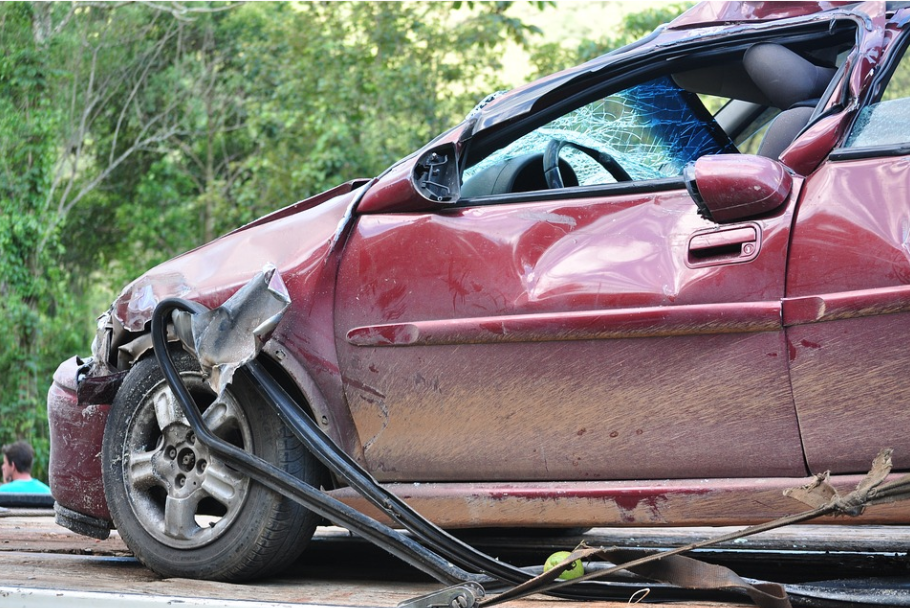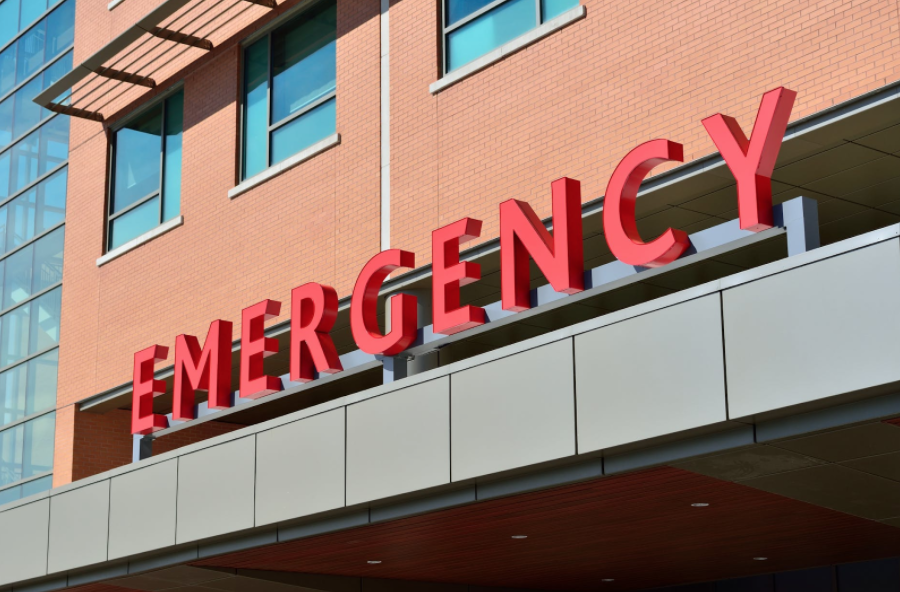The cost of living is rising, which means that it’s increasingly difficult to save. If your bills are rising, you might not be able to set aside as much money as usual but even saving a small amount each month can make a huge difference. Nobody knows what’s around the corner. In this guide, we’ll discuss some reasons why every household should have an emergency fund and offer some tips to help you save more.

Image source: https://pixabay.com/illustrations/hand-lifebuoy-buoy-drowning-life-4545748/
Unemployment and reduced income
The pandemic is an excellent example of how circumstances can change with no prior warning. Thousands of people lost their jobs or stopped working temporarily, and many families are still recovering. One of the main reasons to have an SOS fund is losing income or becoming unemployed. If you lost your job, you were unable to work for health reasons, or your income dropped suddenly, would you be able to cope? If you have money set aside, you can dip into your savings to bridge the gap and help you cover your bills and mortgage or rent until you find another job or your workload increases.
If you are self-employed, you’re a freelancer or you run your own business, it’s particularly important to think about protecting your income and making sure you have a nestegg to use if work dries up or you have to take time off or close your business temporarily due to illness.
Accidents
Accidents happen. We often see cars that have crashed on the side of the road or read about incidents in the newspapers, and we assume that we’ll never be involved. The reality is that anyone could be injured in an accident. If you got hit by a car while you’re crossing the road, or you were driving and another vehicle smashed into your car, for example, you could sustain serious injuries. Depending on your insurance policy, you may need to fund medical and rehabilitation costs and think about the financial impact of taking time off work. If the incident wasn’t your fault, and somebody else was negligent, you have a right to contact an accident lawyer, but it may take time to get your compensation payout if the claim is approved. Having an emergency savings pot can help to tide you over and cover treatment costs while you recover. If you have money, this can also help to reduce stress and anxiety at what is likely to be a difficult time for you and your family.

Picture from https://pixabay.com/photos/crash-car-car-crash-accident-1308575/
Natural disasters and home repairs
Natural disasters are becoming increasingly commonplace. Statistics suggest that in 2021 alone, more than 14 million homes in the US were damaged by extreme weather. Storms, flooding, torrential rain, forest fires and earthquakes can destroy homes or leave homeowners facing costly repair bills. The first step to protect your home is to ensure that you have comprehensive home insurance cover. If you live in an area that is prone to hurricanes or flooding, for example, it’s worth paying more for the most robust policy. It’s also beneficial to listen out for warnings and to heed advice from experts to prepare your home and reduce the risk of damage and losing valuable possessions.
Even if you have insurance, it’s beneficial to have a savings fund, as it can take time to process insurance claims, especially during busy periods if many homes and families are affected. If you used your savings to carry out emergency repairs or find alternative accommodation, you could then replenish your pot when your insurance money came through.
Medical costs
Medical costs can spiral and people often need medical treatment or care unexpectedly. Accidents can cause severe injuries and people can fall ill or receive diagnoses without any warning. If you have an injury, or you’ve been diagnosed with an illness that requires treatment, the cost of care can run into the hundreds, thousands or even millions of dollars. An emergency fund can help to ease financial pressures and cover the cost of any treatment that may not be included in your healthcare insurance policy.

Image via https://www.pexels.com/photo/ambulance-architecture-building-business-263402/
Unexpected household costs
Running a household, raising children, looking after pets and keeping a car on the road can be expensive. Life can throw curveballs at you, and bills can land on your doorstep out of the blue. Expenses, such as car repairs, veterinary bills, healthcare for kids and paying bills add up. It’s difficult to balance the books, especially if unexpected costs come your way. You could end up paying hundreds of dollars to get your car back on the road if the brakes aren’t working or repairing your heating system if it breaks down in the middle of winter, for example. If you have savings set aside, this can help to lower stress levels and prevent you from getting into debt.
Tips for setting up an emergency fund
If you don’t have an SOS or a rainy day fund already, the sooner you start saving, the better. Even if you can only save $50 a month, it will make a difference if you find yourself in a situation where you need cash urgently. Look for savings accounts and compare offers from different banks. Once you’ve found an account, set up a transfer from your main bank account. It’s usually a good idea to transfer money to your savings on payday. Use a monthly budget to figure out how much you can afford to save. If you have extra disposable income, you can arrange a one-off transfer in addition to your monthly payment. It’s also beneficial to have a look through your statements and analyze transactions to see if you could reduce your expenses. This will help you to free up funds to boost your savings balance.

Picture courtesy of https://www.pexels.com/photo/person-holding-100-us-dollar-banknotes-2068975/
Do you have an emergency fund? If you don’t, now is the time to start saving. An emergency fund can help you bridge gaps if your income falls and cover unexpected costs, such as healthcare, home and car repairs. Try to save every month. Even a small amount will help to ease financial pressure and reduce stress if you need money quickly.



